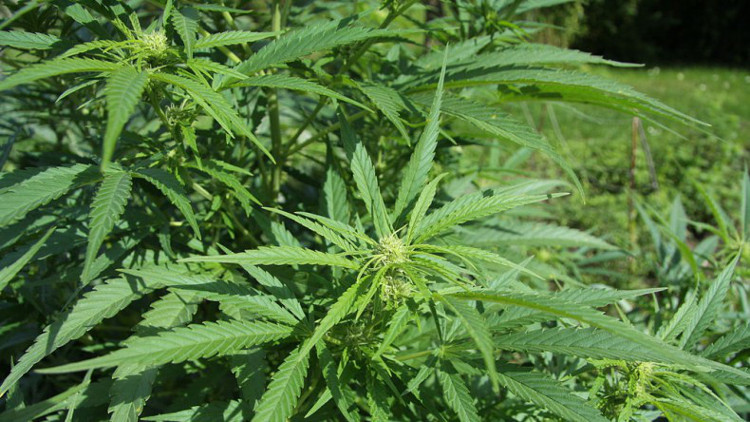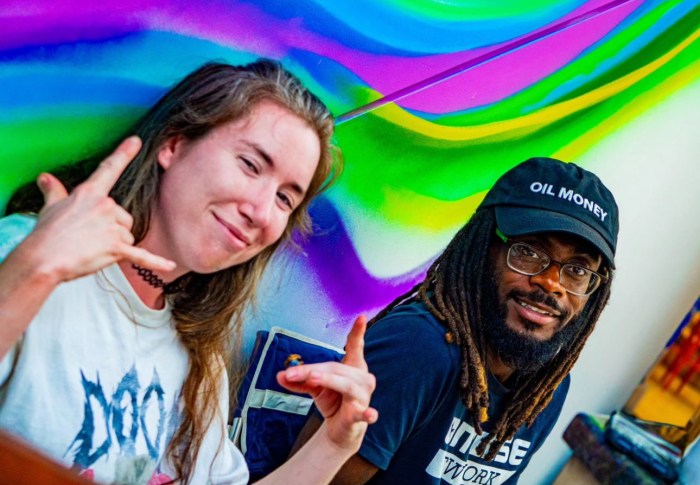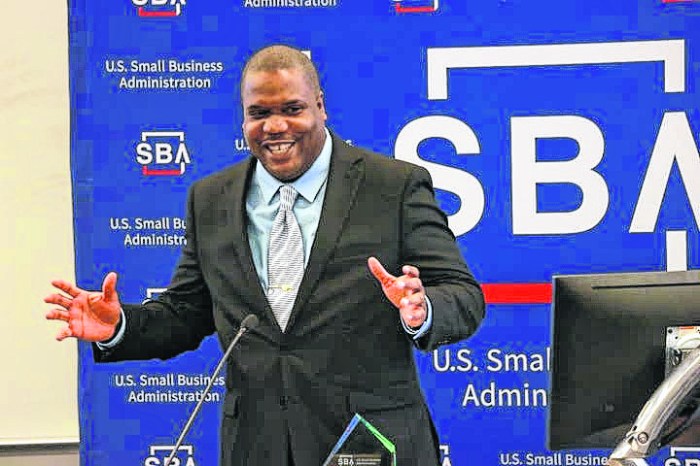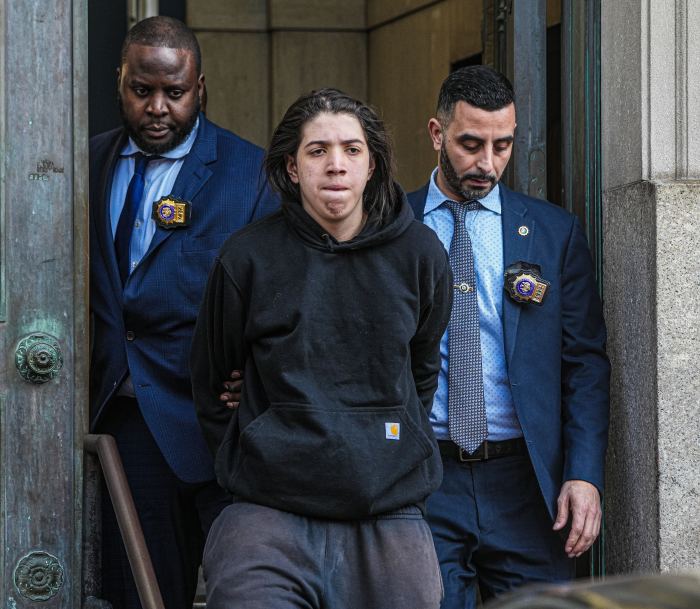A former investment adviser from Roslyn Heights is taking his talents to South Beach.
Jonathan Gilbert, CEO of Scythian Biosciences Inc., a biotech firm, has secured $16 million in funding for a promising trial at the University of Miami considering the potential impact of a cannabis-based compound to treat concussions and Traumatic Brain Injury (TBI).
The cannabinoid compound at the center of the trials, cannabidiol (CBD), is believed to contain neuroprotective properties that could, in theory, reduce inflammation in the brain caused by head trauma. Adding to the intrigue, the drug would not contain Tetrahydrocannabinol (THC), which creates the psychoactive effect in the brain when using marijuana.
Researchers at the University of Miami hope the trial could produce a first-of-its-kind pharmaceutical answer to concussions, which has recently been the focus of millions of dollars in research, largely in response to the impact concussions have had on current and former NFL players.
For Gilbert, a career investment adviser who worked for a Connecticut-based hedge fund, it’s incredibly exciting transitioning to biotech, focusing his efforts on a potentially game-changing drug, something that has thus far remained elusive to concussion patients.
“I can’t sleep at night thinking about what I can be accomplishing here,” he told the Press. “What an amazing accomplishment to create something that could be effective for everyone on Earth.”
Gilbert founded Scythian Biosciences Inc. three years ago, following a Tourette Syndrome support group session in which teenagers indicated they had used marijuana to “self medicate.” Gilbert and his wife have three kids, the youngest of whom suffers from the neurological disorder.
The conversation with the teens got Gilbert thinking: how could marijuana benefit not only his son, but people inflicted with various ailments, including concussion?
Gilbert knew his extensive list of contacts and ability to raise money and attract talent would make up for whatever experience he lacked in the pharmaceutical industry. In the latter years of his investment career, he noticed an uptick in medical marijuana businesses seeking funding, though most pitches were underwhelming. Still keen on the idea of marijuana-based treatment, he made a decision to go his own route.
Initially Gilbert’s goal was to enter the industry in Canada, whose prime minister, Justin Trudeau, recently introduced legislation to legalize recreational marijuana nationwide. The prospect of similar legislation being proposed by the Trump administration appears far-fetched.
Gilbert went ahead and purchased a facility in Canada with the idea of growing and selling medical marijuana. But instead of joining the growing medical marijuana industry, Gilbert, with his own son in mind, gambled on an entry into the pharmaceutical industry.
Mindful of the surprisingly minimal treatment options for concussions, Gilbert got the sense that it was a “wide open space” with the potential of becoming a billion-dollar industry.
“I’m learning as I go,” he said.
Even so, Gilbert already sounds experienced.
“Our therapy, which involves the use of two drugs, targets two different brain receptors which are involved in suppressing this immune response and the associated inflammation,” he explained.
Scythian Biosciences Inc now has offices in Canada and the United States—including one at the University of Miami. The company has applied for a patent for its treatment and the University of Miami is in the pre-trial phase of the five-year study.
Heading the university’s research is Dr. Gillian Hotz, research professor of neurological surgery and director of the concussion program at University of Miami Health System Sports Medicine.
When the university announced the study, Hotz acknowledged the previous work her team had done to develop concussion protocols and better educate high school, collegiate and professional athletes.
“One thing has eluded us—a clinically proven medication to treat concussion,’ she said. “Whether or not this study leads to a pill that could treat concussion, this type of research will pave the way for UM and other researchers to better manage concussion. It’s a privilege to help lead this journey.”
Researchers are currently examining TBI in rodents before testing the compound in the form of a pill on humans. Clues to as to whether the treatment could be the game-changer Gilbert is hoping it is won’t come until the third phase, which is expected to take three years.
The University of Miami trial comes as medical professionals have earnestly been scrutinizing new ways to treat concussed patients. The US government has funded studies into hyperbaric oxygen therapy, which uses oxygen to reduce swelling and increase blood flow. At the University of Buffalo, researchers are testing how recently concussed athletes react to light aerobics, which would undermine years of conventional thinking that long periods of rest is best for a concussed brain.
Gilbert welcomes the deluge of research. Given how pervasive concussions have become, he recognizes the need for changes in how concussions are treated—even if it means increased competition. According to the Centers for Disease Control and Prevention, upwards of 3.6 million people suffer a TBI each year. Additionally, an analysis by Blue Cross Blue Shield found that concussions increased by more than 40 percent in the past five years.
Gilbert is hardly alone in advocating for cannabis treatment to tackle America’s concussion problem. Harvard psychiatrist Lester Grinspoon in 2014 penned a letter to NFL Commissioner Roger Goodell urging the league to pursue marijuana treatment.
“Already, many doctors and researchers believe that marijuana has incredibly powerful neuroprotective properties, an understanding based on both laboratory and clinical data,” Grinspoon wrote. “But unfortunately, the extensive research required to definitively determine cannabis’s ability to prevent CTE will require millions of dollars in upfront investment, and despite the great promise many now see in cannabinopathic medicine, it’s hard to imagine who else has both the motive and the means to provide such funding.”
It appears Gilbert is both motivated and has found the financial backing for such an effort. And while he waits for the study to take shape, he said he’ll continue to raise money for his company, and perhaps even find a way to help more people like his son.

































